
A decade of engineering excellence
The University of Leeds and Southwest Jiaotong University (SWJTU) have marked the 10th anniversary of a Joint School of Engineering and Computer Science.

The University of Leeds and Southwest Jiaotong University (SWJTU) have marked the 10th anniversary of a Joint School of Engineering and Computer Science.

Thousands of medieval enthusiasts have flocked to the University of Leeds for the largest humanities research conference in Europe, featuring fighting knights, music and rare works by JRR Tolkien.

More than 20 Higher Education Institutions have now signed up to a ground-breaking network that seeks to tackle humanity’s greatest challenges and unlock a fair future for all.

A student who collaborated with peers on the other side of the world, all while remaining on campus, says the “special” experience has prepared her for a move abroad.
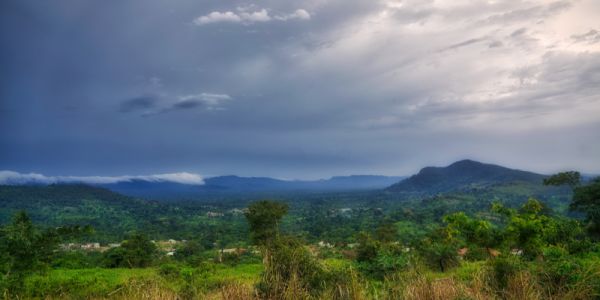
Africa needs long term investment in scientific infrastructure and science careers to allow the continent to adapt to climate change and its effect on weather systems.
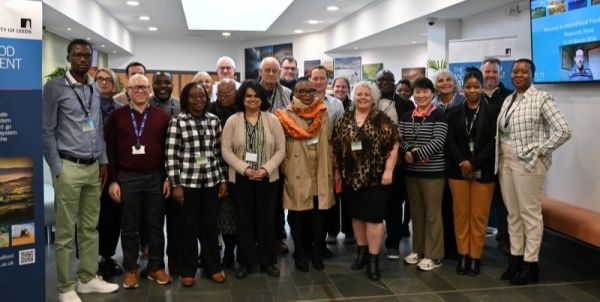
Partners from across Africa gathered in Leeds for a week of research dedicated to tackling challenges in food systems and supply chains.
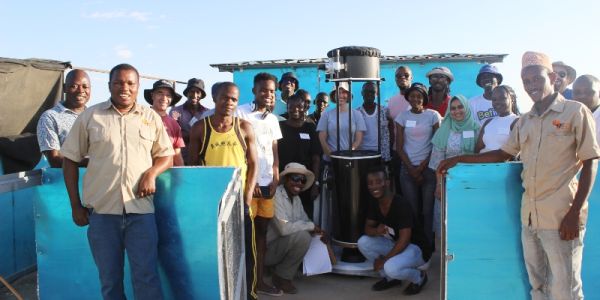
A pioneering radio astronomy project, introducing skills and expertise to countries across Sub-Saharan Africa, has received a funding boost to continue its transformational work.
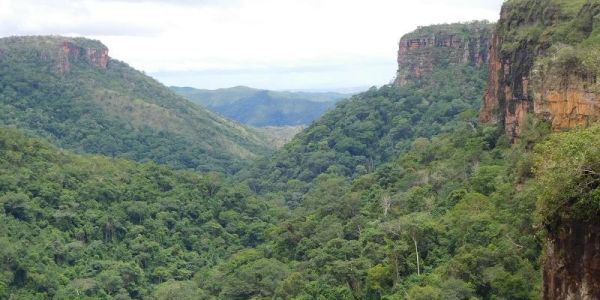
Scientists have found almost identical patterns in how tropical forests worldwide are dominated by surprisingly few tree species.

Climate change is pushing the world towards a series of “tipping points” which will see rapid and irreversible change across the natural and social worlds, say a group of leading experts.
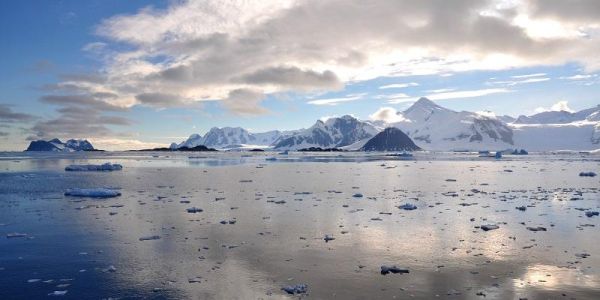
Scientists are warning that apparently stable glaciers in the Antarctic can “switch very rapidly” and lose large quantities of ice as a result of warmer seas.